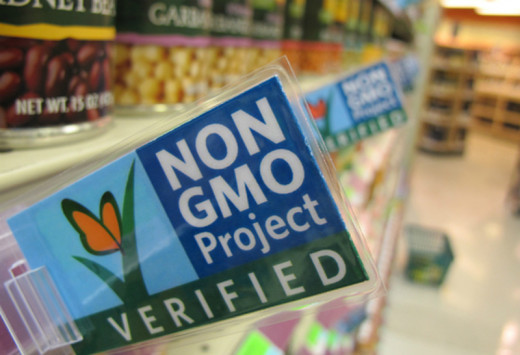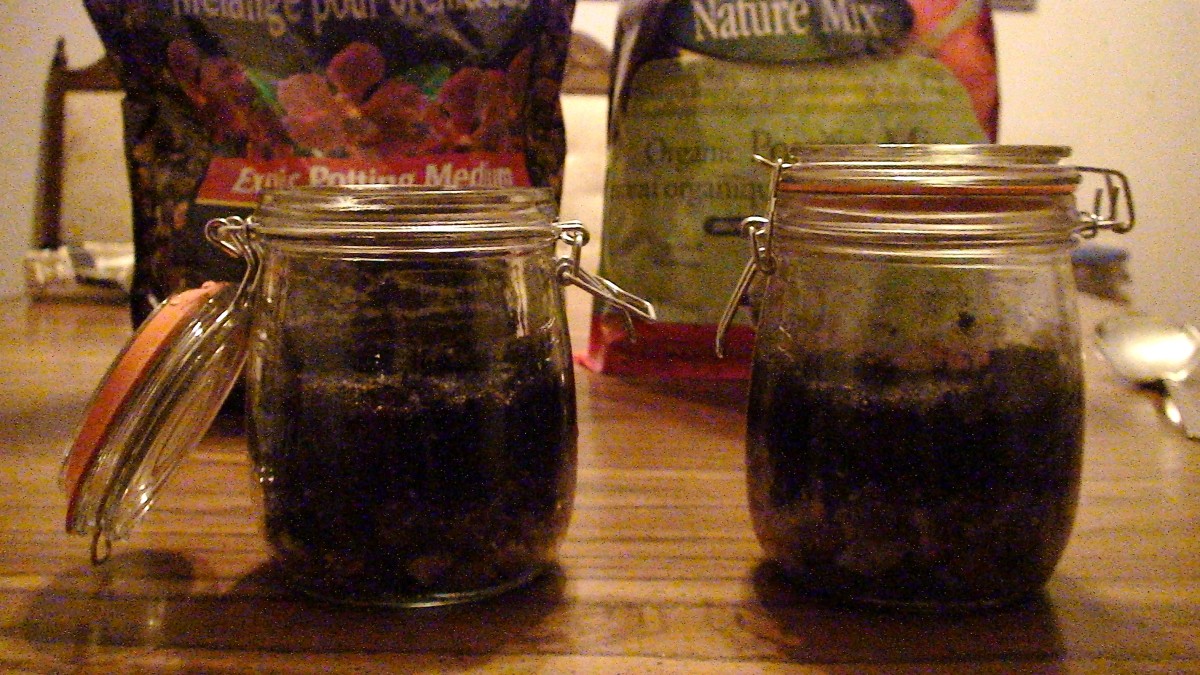Whole Foods On The Consumer Hot Seat Once Again

Whole Foods Market, the darling of hipster grocery shoppers everywhere, is supermarket chain specializing in organic food that first opened on September 20, 1980. They attracted wide-scale media attention this year for a controversy regarding the inaccurate weight and subsequent erroneous pricing of some of their in-house products, but that isn’t the first time Whole Foods has been embroiled in a public relations mishap. A recent adoption of products containing GMOs (or “genetically modified organisms”) has resulted in an ongoing battle to retain their status as a purveyor of “natural” foods…at least, when it comes to how they’re perceived by the general public, that is
According to Non GMO Project, GMOs (or “genetically modified organisms”) are living organisms whose genetic material has been artificially manipulated in a laboratory through genetic engineering, or GE. This relatively new science creates unstable combinations of plant, animal, bacteria and viral genes that do not occur in nature or through traditional crossbreeding methods.
Virtually all commercial GMOs are engineered to withstand direct application of herbicide and/or to produce an insecticide; a growing body of evidence connects GMOs with health problems, environmental damage and violation of farmers’ and consumers’ rights.
In fact, the Non GMO Project noted that in more than 60 countries around the world (including Australia, Japan, as well as all countries in the European Union) there are significant restrictions or outright bans on the production and sale of GMOs. But in the U.S., the government has approved GMOs based on studies conducted by the same corporations that created them and profit from their sale. Increasingly, Americans are taking matters into their own hands and choosing to opt out of the GMO experiment.
According to environmentally-conscious blog Yellow Pages Goes Green, Whole Foods criticized by the Organic Consumers Association for "surrendering" to global food giant Monsanto by beginning to sell GMO foods in their stores, despite their earlier stance on natural foods; in fact, in March 2013, Whole Foods promised to label GMO-containing products in North American stores by 2018. This, according to Yellow Pages Goes Green, amounts to too little, too late.
“Whole Foods Markets is frequently cited as a good source for healthful, natural foods. Values such as these are the primary reason that health-conscious consumers pay the higher prices charged at Whole Foods,” they said. “Why, then, did Whole Foods make a pact with the devil? Executives from Whole Foods Markets, have sold out, to Monsanto, the biotech behemoth that has given us such favorites as Agent Orange, DDT and PCBs. Whole Foods announced recently that, by 2018, it will label all foods it sells that contain GMOs. 2018 is a long way away. Pardon my lack of applause.”
Many food manafacuters have been resisting the calls of the public to begin labeling their products that contain GMOs, and in this instance, Whole Foods should be commended for taking it upon themselves for doing so without a legislative action on the part of government compelling them to do so. The Daily Beast has verified that Whole Foods has indeed begun to label some of the GMO-laden products in its stores already, in fact, well before the 2018 deadline they have set before themselves.
“I was spending an afternoon in the aisles of a Whole Foods Market, preparing for an article about pseudoscience in the organic grocery store, when I started to notice, on food packaging in every aisle, innocuous little labels: ‘Non-GMO Project Verified.’ The labels included a picture of a butterfly on a blade of grass. They were cute, they were informative, and they assured consumers that this food, at least, did not contain ingredients engineered in a lab,” they said. “The idea behind the labeling of GMOs is simple, logical, and appealingly democratic. Many consumers are worried about GMOs in their food. A label helps them avoid those products. People have the right to know what’s in their food. In Europe, where fear of GMOs is much more widespread than in the United States, labeling is a common practice.”
However, Whole Foods has been remiss in their self-imposed goal of total GMO labeling of the products that they offer. The Non-GMO Project is, by far, the largest North American group that tests and verifies food products as non-GMO, and grants the use of its “Verified” seal, and blogger Jon Rappoport reports on a legal case filed against Whole Foods by a customer who is claiming that the “natural and organic” supermarket chain is selling items that claim to be non-GMP verified, but in reality, aren’t.
“The case is Michelle Richard v. Whole Foods, as reported by the Food Navigator (12/5/14) and other press outlets,” he said. “The plaintiff’s claim? Whole Foods advertised and sold Blue Diamond Almond Breeze Almond Milk and Vanilla Almond Milk with non-GMO labels, when these products hadn’t been verified as such by the Non-GMO Project. The plaintiff certainly doesn’t think her lawsuit is trivial. This is a class-action suit, so there are other plaintiffs. The big question is, are there other products on the shelves at Whole Foods which claim to be non-GMO, but aren’t verified?”
The fight in public opinion regarding GMOs in the food we eat rages on, and only by arming ourselves with information – especially when food companies aren’t very forthcoming themselves regarding GMOs – can we make the choices that are the best for us in the long run.








